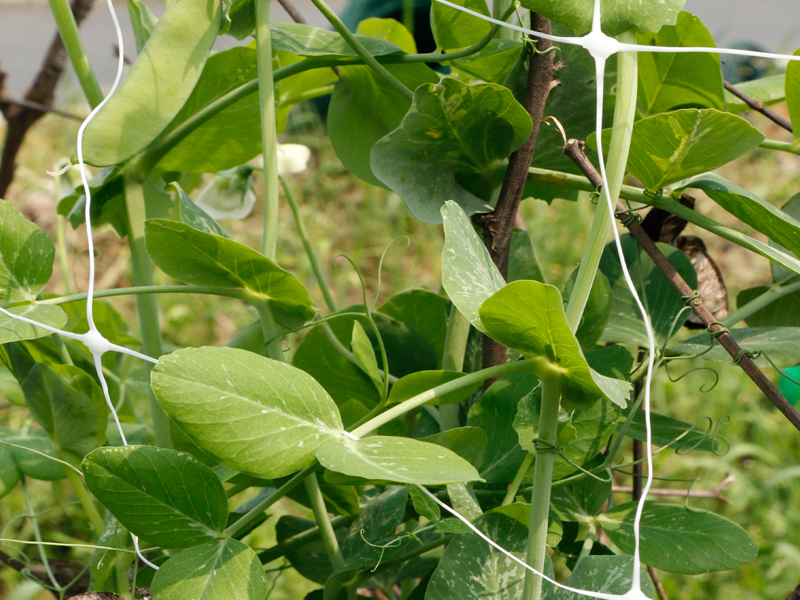Farm fencing, an age-old practice, is undergoing a rema […]
Farm fencing, an age-old practice, is undergoing a remarkable transformation as tradition meets technology. The Modern Farm Fence Revolution is changing the way farmers protect their crops, manage livestock, and secure their agricultural investments. Here's a closer look at how technology is revolutionizing farm fencing.
1. Smart Sensors for Livestock Management
Traditionally, farmers relied on physical inspections and manual headcounts to manage their livestock. Now, smart sensors and RFID technology are becoming integral parts of farm fencing. These sensors can monitor the location, health, and behavior of individual animals, providing real-time data that helps farmers make informed decisions about their livestock.
2. Electric Fencing for Precision Control
Electric fences have been around for a while, but modern technology has made them more efficient and user-friendly. These fences deliver a safe yet effective shock to deter animals from breaching the boundaries. They can be easily controlled and monitored using smartphone apps, making it simpler for farmers to manage their fields.
3. GPS-Based Fence Mapping
Global Positioning System (GPS) technology is being used to create precise virtual fences. Farmers can define boundaries using GPS coordinates, allowing for accurate demarcation of areas where livestock should graze or crops should be protected. This technology also enables geofencing, which can send alerts if animals or intruders breach the defined boundaries.

4. Drone Surveillance
Drones equipped with advanced imaging technology are becoming valuable assets in farm security. They can monitor large areas of farmland, identify potential breaches in fences, and even detect signs of pest infestations or crop diseases. This aerial surveillance capability enhances crop protection and overall farm management.
5. Solar-Powered Electric Fencing
Solar panels integrated into farm fences provide a sustainable and energy-efficient power source for electric fences. This not only reduces the environmental impact but also lowers operational costs for farmers, making electric fencing more accessible and economical.
6. Mobile Connectivity
Farmers can now receive alerts and control their fences remotely through mobile apps. Whether it's receiving notifications about fence breaches or adjusting settings to accommodate changing conditions, this level of connectivity offers greater convenience and efficiency in fence management.
7. Data Analytics for Decision-Making
Collecting data from sensors and surveillance systems is only part of the equation. The real value comes from analyzing this data to make informed decisions. Modern farm fence technology often includes data analytics tools that help farmers optimize their fencing strategies, whether it's for livestock rotation or pest control.
8. Sustainability and Environmental Integration
Farm fencing is increasingly designed with sustainability in mind. Some fences are constructed using recycled materials, and others incorporate features like wildlife corridors to minimize their impact on local ecosystems. These eco-friendly designs align with modern farming practices that prioritize environmental responsibility.
9. Enhanced Security
Farmers can now integrate security systems, including cameras and alarms, into their fences. This not only deters human intruders but also helps protect livestock from theft or predation. This enhanced security is invaluable for both small-scale and large-scale agricultural operations.
10. Future Innovations
The Modern Farm Fence Revolution is an ongoing journey. Innovations such as automated gates, robotic fence maintenance, and machine learning-driven pest control systems are on the horizon. As technology continues to evolve, farm fences will remain at the forefront of agricultural innovation.
In summary, the convergence of tradition and technology is reshaping farm fencing practices. These modern solutions enhance livestock management, crop protection, and overall farm efficiency while embracing sustainability and environmental responsibility. The Modern Farm Fence Revolution ensures that agriculture remains at the forefront of technological progress while staying true to its roots in land stewardship.



 WhatsApp:+8613626888261
WhatsApp:+8613626888261